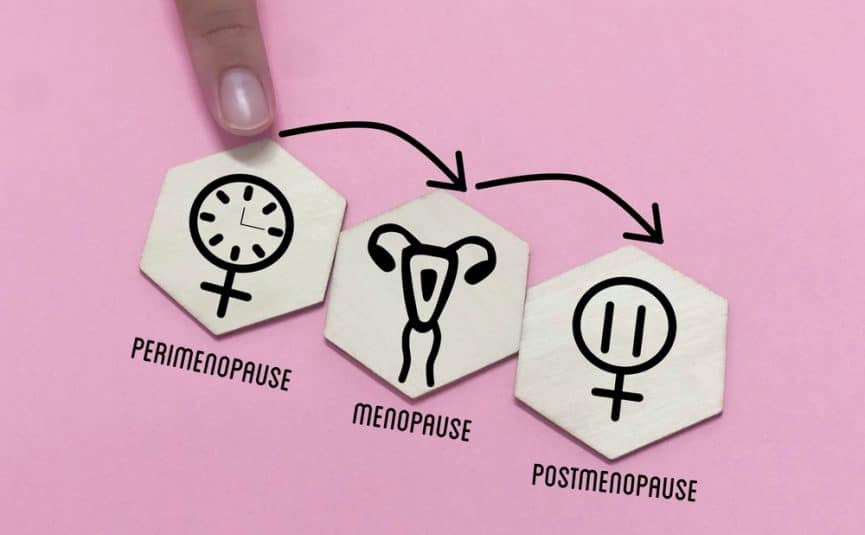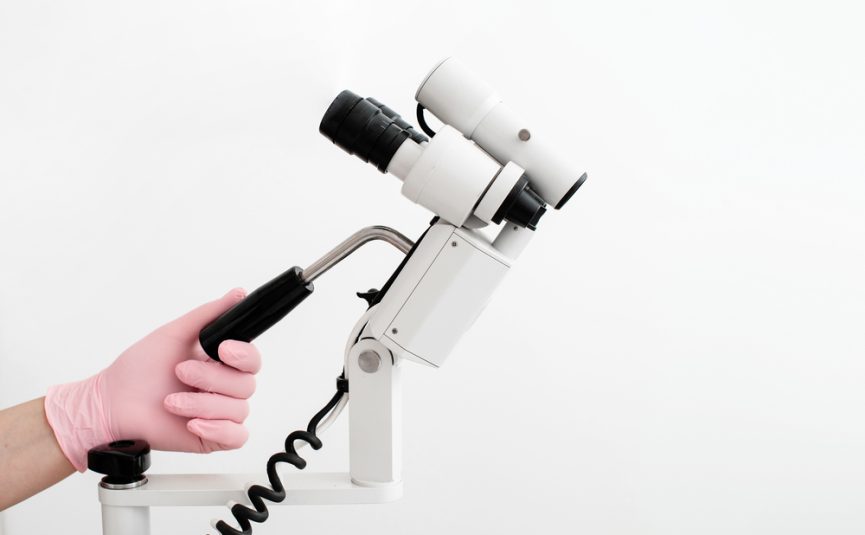East Melbourne VIC 3002
What Is The Difference Between a Gynaecologist & An Obstetrician?

The difference between a gynaecologist and an obstetrician often confuses patients who are unsure who to attend. Whilst the two professions do overlap, they both have distinctive roles.
What Is The Role of a Gynaecologist?
A gynaecologist is a medical specialist who specialises in female reproductive health. They diagnose and treat issues related to the female reproductive tract which include the uterus, fallopian tubes, vulva, vagina, ovaries and breasts.
Common conditions that gynaecologists treat include:
- Pelvic pain
- Menstrual disorders
- Contraception
- Menopause
- Investigations of infertility
- Pre-pregnancy assessment
- Vulval and vaginal skin disorders
- Abnormal cervical screening tests (formally known as pap smears)
- Premenstrual dysphoric disorder (PMDD) and Premenstrual syndrome (PMS)
- Endometriosis
- Polycystic Ovary Syndrome (PCOS)
- Assessment of pelvic floor dysfunction and prolapse
- Sexually transmitted diseases (STD)
- General gynaecological assessment including breast checks
Gynaecologists can perform surgical procedures including laparoscopic surgery, i.e keyhole surgery.
What Is The Role of an Obstetrician?
An obstetrician is a specialist whose main area of interest is concerned with a woman during her pregnancy, labour and birth.
Common areas that gynaecologists specialise in include:
- Antenatal care: During a woman’s pregnancy, an obstetrician is responsible for monitoring the health and wellbeing of the woman and her fetus. Various tests and investigations are ordered to ensure the growth of the fetus and the physical and mental health of the mother.
- During labour: During labour, the obstetrician provides care during the birthing process and if complications arise, makes decisions on the mode of delivery.
- Post-delivery: The obstetrician is responsible for the woman and her newborn baby for six weeks during the post-partum period and will review the mother and her baby usually six weeks following delivery where contraception should be discussed.
Differences In Training
All medical specialists are trained through a college and it is the responsibility of that college to ensure a specialist who works within a particular field acquires the necessary skills and maintains the highest level of practice through continuing education.
For the area of obstetrics and gynaecology, the college that oversees all training is RANZCOG (Royal Australian and New Zealand College of Obstetrics and Gynaecology). Training occurs via accredited training positions at large teaching hospitals. All of the trainees in this program are required to train in both obstetrics and gynaecology.
Prior to entering an obstetric and gynaecology teaching program, a doctor would have had to complete a general medical degree and undertake a number of years of residency in general medicine and surgery.
The training program in obstetrics and gynaecology takes five to six years. After that time, and after successfully passing all examinations, the trainee is deemed to be a Fellow of the Royal Australian and New Zealand College of Obstetricians and Gynaecologists.
There are then three paths a qualified obstetrician and gynaecologist may take:
-
- They may choose to be ‘generalised’ which implies that he has an understanding and provides a service in general with all aspects of obstetrics and gynaecology
- They may choose just to provide a service as an obstetrician or just as a gynaecologist only
- They may choose to undertake further training in an area called a subspecialty. Some of these subspecialty areas can include gynaecology/oncology (management of gynaecological cancers), urogynaecology (management of urinary incontinence/prolapse, IVF (fertility and management of infertility) or fetal and maternal medicine (management of particularly high-risk pregnancies or the care of pregnant women with an underlying medical condition).
It should be noted that more experienced specialists who trained in the 1970s and 1980s (before sub-specialties came into existence) would already have the skills to manage a number of these subspecialties.
As a woman’s health needs change throughout the course of her life, it is important that they know who to see or who to be referred to so that the specialist can meet her specific needs.
With over 30 years experience in the field, Dr Len Kliman is highly regarded as one of Melbourne’s leading gynaecologists was recently appointed as an Associate Professor by the University of Melbourne Clinical School.
To book an appointment, get in touch with the clinic and speak to one of our highly-experienced nurses who are here to assist you with all of your gynaecological health needs.










